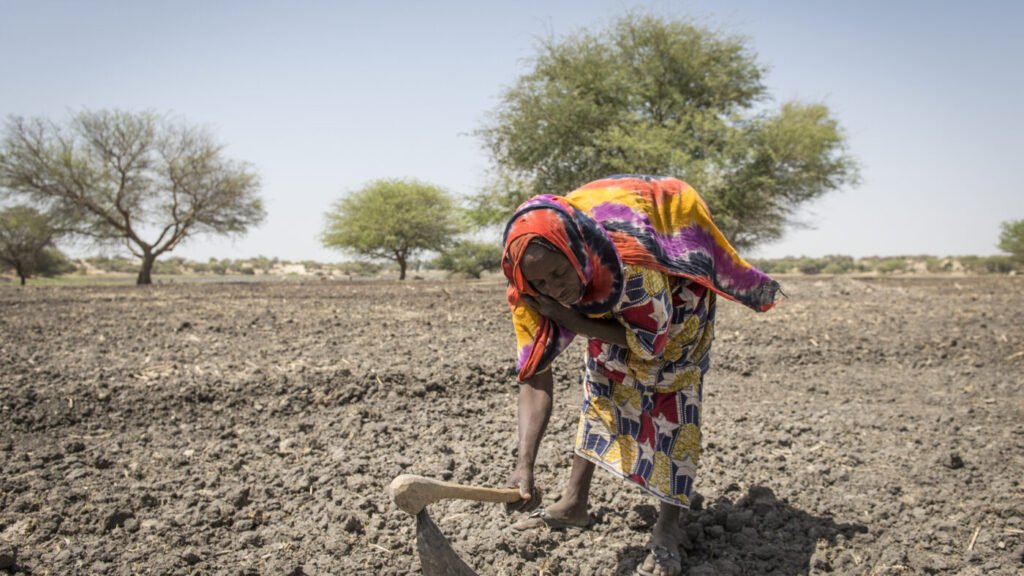Two agencies of the United Nations (UN) – the Food and Agriculture Organisation (FAO) and World Food Programme (WFP) – have warned that a “toxic combination of conflict, economic decline, climate extremes, and the Covid-19 pandemic … is driving people further into the emergency phase of food insecurity.”
In a new report released Friday, both agencies warned of a heightened risk of famine in three conflict-torn African states and Yemen, and a high hunger risk in 16 more. The spotlight was on Burkina Faso, Nigeria, South Sudan, and Yemen, which are all facing rising levels of acute hunger with the potential risk of famine.
Issuing “a stark warning” in their Early Warning Analysis of Acute Food Insecurity Hotspots, the agencies disclosed that the four countries have areas that could soon slip into famine.
They said some parts of the population “are already experiencing a critical hunger situation”, whereby any reduction in humanitarian access could lead to a risk of famine, adding that another 16 states are “at high risk of rising levels of acute hunger.”
Those countries were listed as Venezuela, Haiti, Ethiopia, Somalia, Cameroon, Central African Republic, Mali, Niger, Sierra Leone, Democratic Republic of Congo, Mozambique, Zimbabwe, Sudan, Lebanon, Syria, and Afghanistan.
In the case of the Democratic Republic of Congo (DRC), around 22 million are food insecure — “the highest number ever registered for a single country.”
The UN agencies said the global health crisis, extreme weather patterns, and conflict had exacerbated hunger, stressing that only rapid action could avoid a first outbreak of famine since 2017, which struck parts of South Sudan.
FAO’s director of emergencies and resilience, Dominique Burgeon, said “this report is a clear call to urgent action,” adding that “we are deeply concerned about the combined impact of several crises which are eroding people’s ability to produce and access food, leaving them more and more at risk of the most extreme hunger.”
WFP’s director of emergencies, Margot van der Velden said, “We are at a catastrophic turning point”. Recalling that about 260,000 people died in a 2011 famine in Somalia, she said: “We cannot let this happen again. We have a stark choice; urgent action today, or unconscionable loss of life tomorrow.”

